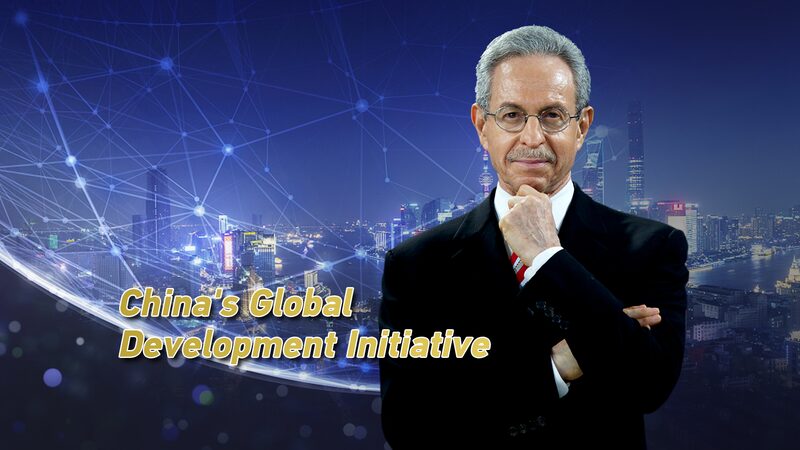As China's annual Two Sessions spotlight President Xi Jinping's vision for a 'global community of shared future,' the world is buzzing about the nation's three key initiatives: the Global Development Initiative (GDI), Global Security Initiative (GSI), and Global Civilization Initiative (GCI). These frameworks aim to reshape international relations through cooperation—but not everyone’s cheering 🎤.
Global South vs. Superpower Rivalries
Experts like University of Chicago’s John Mearsheimer note that while countries in the Global South see China as a vital partner for development, the U.S. views Beijing's rise as a challenge. \"From China's point of view, this is wonderful. But America wants to reduce Chinese influence,\" he says. Meanwhile, Kerry Brown of King’s College London adds: \"China's approach is unique—it’s not just about the economy or being a threat.\"
Hungary’s Take: Opportunity Over Fear
Gladden Pappin of the Hungarian Institute of International Affairs praises China’s focus on shared growth: \"We have to push back against zero-sum mentalities—development isn’t a threat.\" He contrasts this with the U.S., where historic dominance fuels wariness of new players 🌱.
Why Collaboration Can’t Wait
Former UN leader Erik Solheim calls the 21st century \"the Asian century,\" urging China-U.S. teamwork to tackle global crises. \"If major powers collaborate, we’re stronger,\" he insists. Brown echoes this, urging audiences to look beyond headlines: \"Modern China’s story is complex—keep an open mind.\"
With multilateralism at the forefront, the message is clear: In a multipolar world, bridging divides isn’t optional—it’s essential 🤝.
Reference(s):
China's key initiatives promote multilateralism in a multi-polar world
cgtn.com




